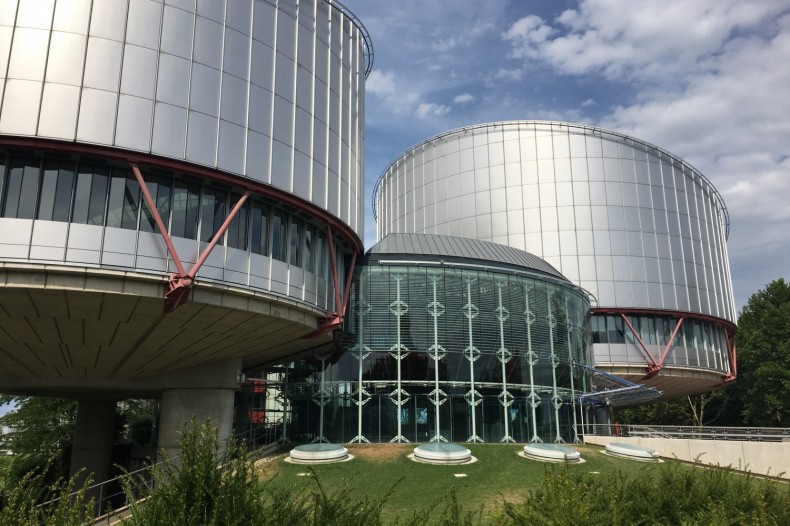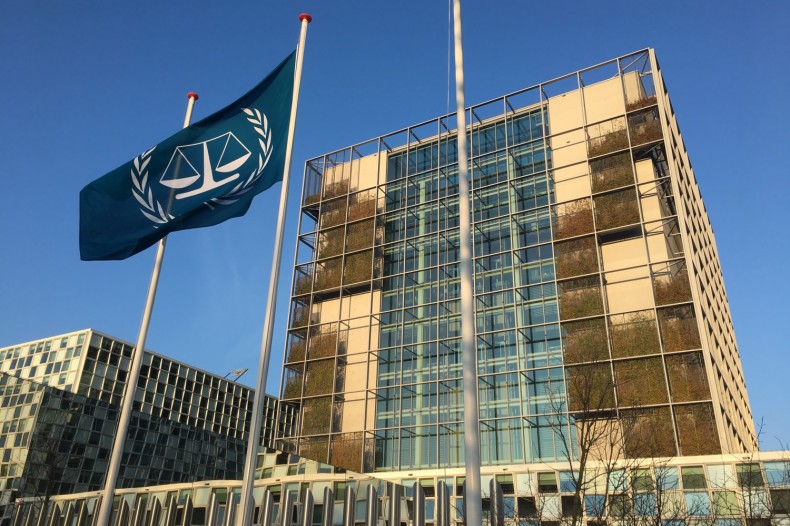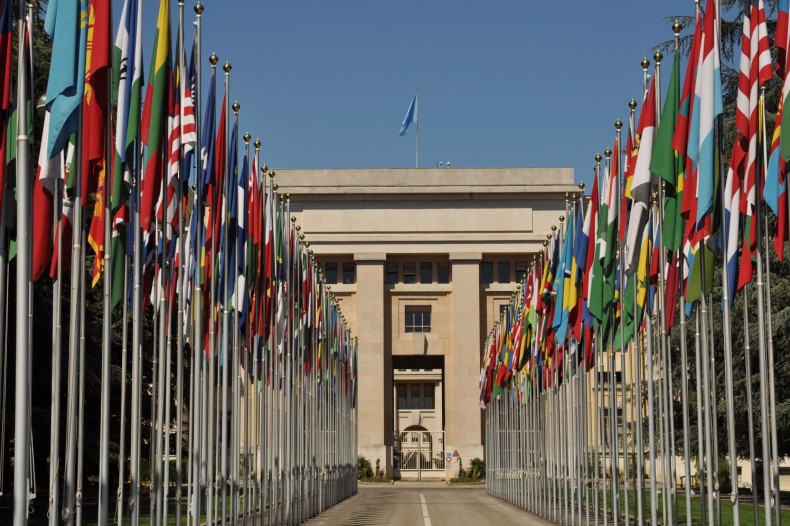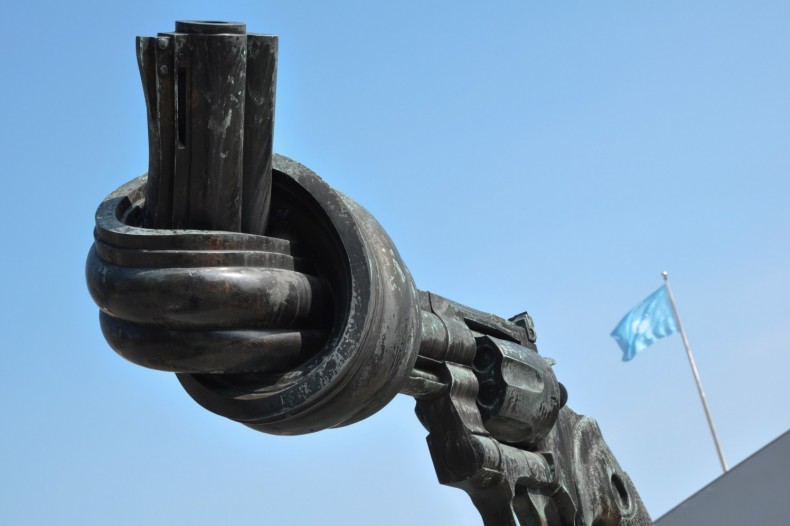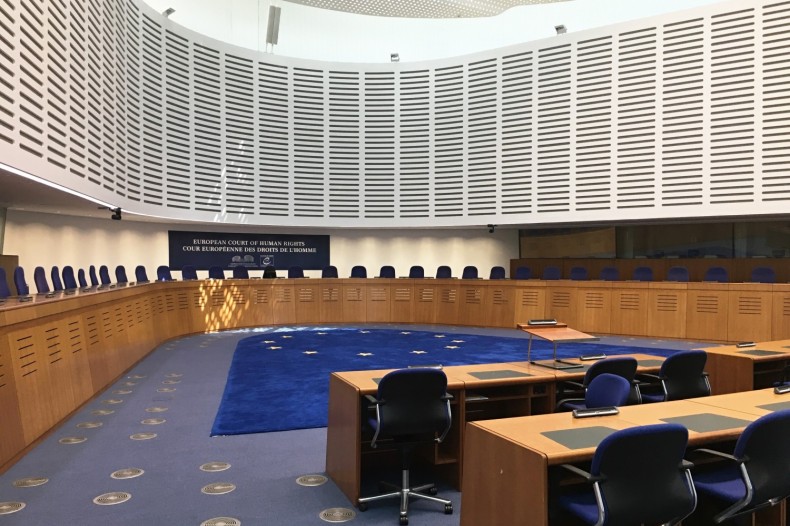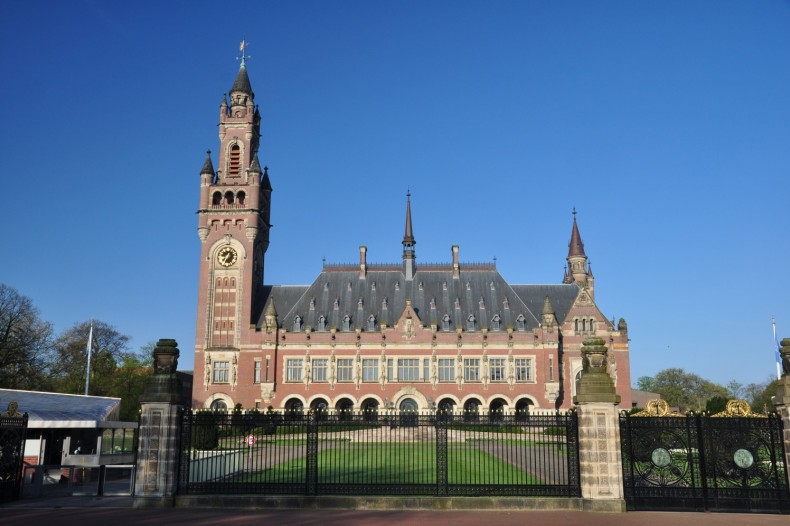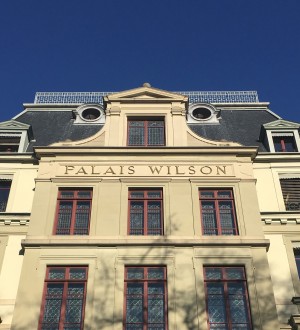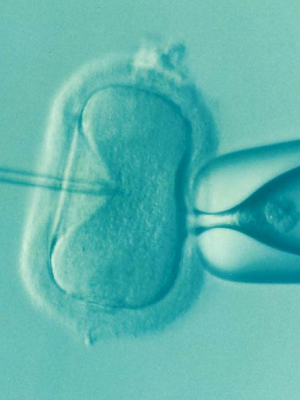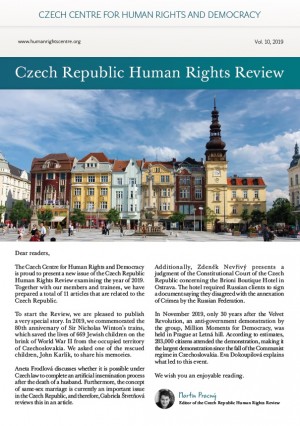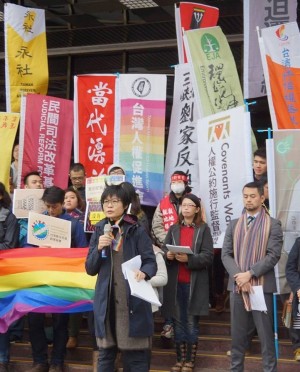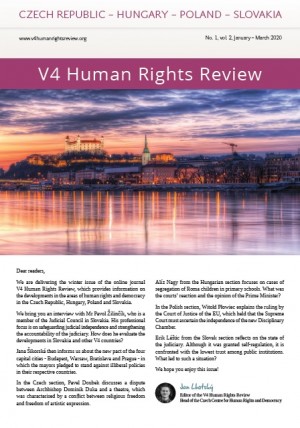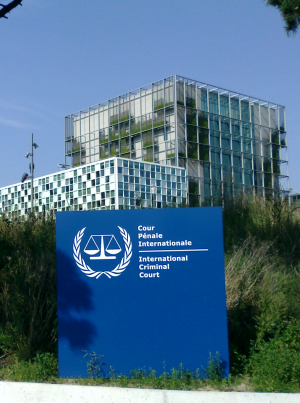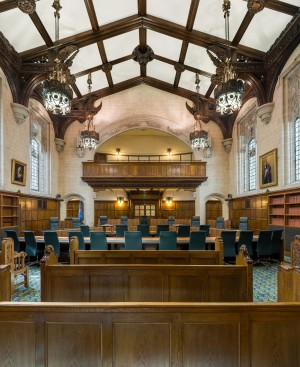Czech Centre for Human Rights and Democracy
The Centre is an independent academic institution monitoring human rights developments both domestically and worldwide, issuing a monthly Bulletin, as well as organizing conferences.
The Head of the Czech Centre Jan Lhotský published an article in the international blog Opinio Juris, in which he discusses the upcoming review of the human rights treaty bodies based in Geneva, which will be dealt with by the UN General Assembly during this year. In an article titled Human Rights Treaty Body Review 2020 – Introducing the Integrated Treaty Body System as a More Ambitious Alternative, the author presents a proposal of an integrated model of the treaty bodies, which would be better prepared to deal with growing numbers of state reports and individual complaints for human rights violations that are coming to the committees from different parts of the world.
At the end of January 2020, the French bill for in-vitro fertilization for single women and lesbians passed the Senate's first reading. The bill was passed with 160 votes in favour and 116 against. It aims to ensure that French women will have the ability to raise their biological children and thus preserve their genetic information.
Political background
France has one of the strictest laws on approach to fertility treatment in Europe. The access to equal rights related to the assisted reproduction for lesbians and single women was a campaign promise of Emmanuel Macron ahead of the presidential elections in 2017. The bill is a part of a new comprehensive bioethics law, and it is also one of Macron’s first major social reforms during his presidency.
You can download Czech Human Rights Review here.
The Czech Centre for Human Rights and Democracy is proud to present a new issue of the Czech Republic Human Rights Review examining the year of 2019. Together with our members and trainees, we have prepared a total of 11 articles that are related to the Czech Republic.
To start the Review, we are pleased to publish a very special story. In 2019, we commemorated the 80th anniversary of Sir Nicholas Winton’s trains, which saved the lives of 669 Jewish children on the brink of World War II from the occupied territory of Czechoslovakia. We asked one of the rescued children, John Karlik, to share his memories.
Since 1987, Taiwan has had a long journey in the process of democratization and promotion of human rights. In spite of the repetitive rejections of its application for a seat in the United Nations, it has become determined to gradually adapt its national law to the United Nations’ human rights standards. The milestone was reached last year when Taiwan established the National Human Rights Institution according to the Paris Principles.
Self-made review process
Taiwan (officially named the Republic of China) is not a member state of the United Nations (UN). Its international status dates back to 1971 when the UN General Assembly passed Resolution No. 2758 recognizing the People’s Republic of China as “the only legitimate representative of China to the United Nations”. Despite this fact, Taiwan has made vigorous efforts to step out from the international isolation and establish a functional democratic society based on the rule of law and the protection of human rights according to the UN human rights framework. It has started to comply with UN human rights treaties and implement their obligations in its domestic law. To date, Taiwan has implemented five of such treaties.[1]
You can download the spring V4 Human Rights Review here.
We are delivering the spring issue of the online journal V4 Human Rights Review, which provides information on the developments in the areas of human rights and democracy in the Czech Republic, Hungary, Poland and Slovakia.
We bring you an interview with Mr Pavol Žilinčík, who is a member of the Judicial Council in Slovakia. His professional focus is on safeguarding judicial independence and strengthening the accountability of the judiciary. How does he evaluate the developments in Slovakia and other V4 countries?
On 20 February 2020, seven countries, the Organisation of Islamic Cooperation, the League of Arab States, and another 34 applicants, including NGOs and distinguished scholars were granted leave to be amici curiae (‘friends of the Court’) in the determination on jurisdiction of the International Criminal Court (ICC) in the Palestine situation. They will express their position on whether the ICC has territorial jurisdiction pursuant to Art. 12 of the Rome Statute over the crimes committed in the West Bank, Gaza Strip and East Jerusalem.
Preliminary examination and a struggle of the Court
The situation in Palestine has been subject to a preliminary examination by the Office of the Prosecutor (OTP) since 16 January 2015. On 20 December 2019, the OTP concluded that the issue of territorial jurisdiction needed to be resolved before a commencement of a formal investigation. In its request of 22 January, the OTP asked the Pre-Trial Chamber (PTC) to rule on the issue. The decision has been praised by some as a sign of prudence and criticized by others as a cowardly move. Effectively, it shifts the burden of such an emotionally, politically and legally difficult decision from the executive to the judicial branch of the ICC.
The Supreme Court of the United Kingdom made a bold step, which can re-write textbooks. In the R v TRA case, the Court held that acts of torture under the UN Convention Against Torture can be committed by non-state armed groups, challenging the conservative state-centric view. How was the judgment received? What is the way forward?
The end of the decade was marked by the much anticipated judgment released by the United Kingdom Supreme Court (UKSC) in the R v TRA case. The UKSC, then still presided by Lady Hale, decided that for the purposes of domestic prosecution, the definition of torture under the United Nations Convention Against Torture (UNCAT) can be understood to include torture committed by officials of non-state armed groups. Such interpretation confirmed a broader understanding of who can commit torture under the UNCAT that stretches beyond the more conservative state-centric model.

